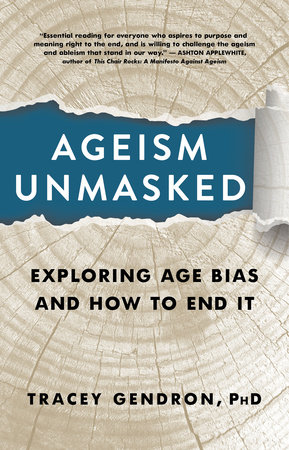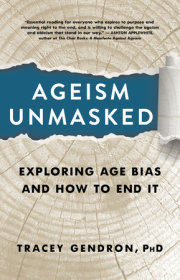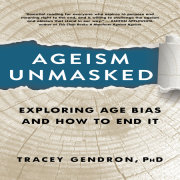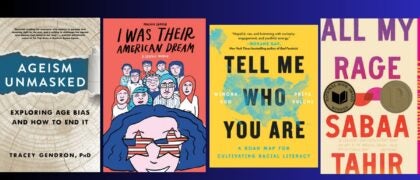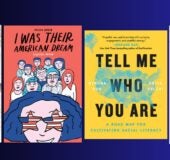Everything you know about aging is wrong. It's not your fault. Everything you have been taught about aging is wrong. From a young age, our developing brains are flooded with images, songs, and stories that stoke fears of being old. Our beloved bedtime stories are filled with older characters portrayed as ugly, scary, silly or feeble. As we grow up, we hear our parents speak disparagingly about
feeling old and watch as they make concerted efforts to
act young to stay relevant. In elementary school, we blindly participate in activities like the widespread practice of celebrating the 100th day of school with a "dress like a 100-year-old day" activity that creates caricatures of old people. As teens, we are utterly unaware that our favorite songs teem with ageist lyrics. In early adulthood, we are the primary targets of marketing for anti-aging cosmetics and products and are told that it is never too soon to fight aging.
Messages suggesting that healthy aging means being active, independent and physically and cognitively robust wash over us. We equate any amount of dependence as failure. Our expectations are unrealistic. As mortal beings, we eventually and inevitably experience physical decline. The truth is that we are never independent but always interdependent. Cultural messaging presents caregiving as a burden that leads to burnout rather than a natural and normal part of human relationships. The beauty and reciprocity inherent in providing and receiving care get lost.
Even the most well-intentioned efforts to educate people about aging are often misleading and damaging. Old age simulation suits that mimic aspects of aging have been created to help build empathy for old people. As if a suit can give us any meaningful insight into what it is like to be any given older person. As if older people are a monolithic group where everyone ages in a predictable pattern.
Attempts to be anti-ageist fall into perilous traps that fuel, rather than dismantle, ageism. We throw around terms like “ageless,” “feel young,” “you’re only as old as you feel,” and “never get old” as anti-ageist strategies. We fail to see these sentiments are themselves ageist. Using the term ageless denies age. It screams out, “I don’t see age.” But we need to see age. It is a vital part of our human identity, and of the human condition. Hard earned life lessons and experience enable us to become fully realized. They should not just be recognized, but venerated. Using strategies that downplay or ignore the aging process to fight ageism is like putting out a fire with an extinguisher filled with kerosene.
This book will help you recognize how ageism and ableism are endemic in our culture, and how they have become ingrained in your thinking. Understanding the history of ageism will help you to develop the knowledge, skills and strategies necessary to disrupt ageism and ableism within yourself and to help others do the same. We can’t do better until we know better. It’s time for us to grow up, let go of our desperate need to stay young and embrace that we age and get old.
Copyright © 2022 by Tracey Gendron. All rights reserved. No part of this excerpt may be reproduced or reprinted without permission in writing from the publisher.

